Market Analysis
Structural Sealants Market (Global, 2023)
Introduction
The structural sealants market is slated to play a crucial role in a number of industries, such as construction, automobile, and aeronautics, as the demand for durable and efficient bonding solutions continues to rise. Structural sealants are the materials that are used to ensure that structures and products remain airtight and watertight. With the advent of new technology and material science, the market has witnessed a shift towards the use of high-performance sealants, which offer enhanced adhesion, flexibility, and resistance to the environment. The increasing focus on sustainable practices by manufacturers and consumers is influencing the development of green sealants. The interplay between regulatory standards, technological innovations, and changing consumer preferences is shaping the structural sealants market, making it a critical area of study for market players.
PESTLE Analysis
- Political
- In 2023, the global structural sealant market is expected to be influenced by various political factors, including government regulations and trade policies. In the United States, for example, the Buy American Act requires federal agencies to purchase American-made products, including construction materials such as sealants. This policy will affect an estimated $600 billion in annual federal procurements and the sourcing and costing strategies of sealant manufacturers. Also, geopolitical tensions have increased tariffs on imported raw materials. The highest tariff is 25%, which will affect the production costs and the market dynamics.
- Economic
- The year 2023 will be a time of both challenge and opportunity for the structural sealant market. The construction sector, a major consumer of sealants, will contribute about $1.8T to the US economy, and a high demand for building materials will be reflected in this. However, inflation is on the rise. The consumer price index has risen by 6.5% compared to the previous year. This may result in a rise in the cost of raw materials and a consequent squeeze on the profit margins of manufacturers. The unemployment rate in the construction industry has remained stable at around 4.5%, indicating a stable labor market that will support the ongoing construction projects.
- Social
- The trend in 2023 is to increase the focus on sustainable and eco-friendly products. A survey conducted early in 2024 showed that 72% of consumers prefer eco-friendly products. As a result, manufacturers are launching innovations such as low-VOC sealants. In addition, urbanization, with 55% of the population living in cities, will increase the demand for new buildings and renovations, and thus the need for effective sealants in buildings and structures.
- Technological
- The technological development is playing a crucial role in the structural sealants market in 2023. It is gaining ground by the introduction of smart sealants that can change their properties in response to the environment. For example, the companies are investing in R & D, with an estimated $200 million this year on the development of advanced sealant technology. In addition, the automation of the production process has increased the productivity of the industry. Some companies have reported a reduction of up to 30 percent in production time due to the implementation of robots and artificial intelligence-based quality control systems.
- Legal
- In the field of structural sealants, legal factors are becoming more and more important, especially in terms of compliance with safety and environmental regulations. The EPA, for example, has set more stringent limits on the use of toxic materials in construction products in 2023. About 40 percent of the sealant formulations are affected by these new regulations. In order to avoid fines of up to $ 50,000 per violation, companies must ensure compliance with the regulations. Intellectual property rights are also becoming increasingly important, and patent applications in this area have increased by 15 percent over the past year.
- Environmental
- In the market for sealing materials, the environment is paramount, especially with the growing awareness of climate change and sustainable development. The construction industry is expected to be responsible for 39% of global carbon emissions by 2023,1 so it is important to shift towards more sustainable practices. This has resulted in the development of more sustainable sealants. A reported quarter of the new products launched in the market this year are low-emission or biodegradable. Furthermore, the regulations on waste management and construction are becoming more and more stringent. In some regions, at least 30 per cent of construction waste has to be recycled. This has a significant impact on the production and disposal of sealants.
Porter's Five Forces
- Threat of New Entrants
- The barriers to entry in the market for structural sealants are moderate, owing to the need for special knowledge and technology. Although considerable capital investment is needed for the production plant and the requisite approvals, the growing demand for sealants in the construction and automobile industries could lure new players to the market. However, established brands with a strong market presence and customer loyalty could also deter new entrants.
- Bargaining Power of Suppliers
- The bargaining power of suppliers in the sealant market is relatively low. There are numerous suppliers of raw materials, such as polymers and additives, which makes the market for these raw materials very competitive. This makes it easy for manufacturers to change suppliers, which limits the influence of individual suppliers on prices and terms.
- Bargaining Power of Buyers
- The bargaining power of the buyers in the structural sealants market is very high, because there are many products and suppliers. However, large companies such as construction companies and car manufacturers can get better prices and terms, because they usually buy in large quantities. The suppliers are also faced with competition from other suppliers.
- Threat of Substitutes
- The threat of substitutes in the sealant market is moderate. Mechanical fasteners and other types of adhesives can be used to seal gaps, but sealants are preferred for some applications because of their unique properties. However, advances in alternative materials could eventually affect the market for traditional sealants.
- Competitive Rivalry
- The competition in the sealants market is high, with a large number of companies competing for market share. The competition is based on the quality of the products, their innovation, price and customer service. The rapid technological progress and the need for continuous product development increase the competition and the need for differentiation.
SWOT Analysis
Strengths
- High demand in construction and automotive industries for durable and weather-resistant solutions.
- Technological advancements leading to improved product performance and application methods.
- Strong brand loyalty among established manufacturers with a reputation for quality.
Weaknesses
- High production costs associated with advanced materials and formulations.
- Limited awareness of the benefits of structural sealants among smaller contractors and DIY consumers.
- Dependency on the cyclical nature of the construction industry, which can affect sales.
Opportunities
- Growing trend towards sustainable building practices and eco-friendly materials.
- Expansion into emerging markets with increasing infrastructure development.
- Potential for innovation in product formulations to meet specific industry needs, such as energy efficiency.
Threats
- Intense competition from low-cost alternatives and new entrants in the market.
- Economic downturns that could lead to reduced construction activity and lower demand.
- Regulatory changes that may impose stricter standards on chemical compositions and environmental impact.
Summary
STRUCTURAL SEALANTS MARKET IN 2023: Strong demand from key industries like construction and automobile is expected to drive the market growth in the coming years. However, the market is expected to face challenges such as high production costs and market fluctuations due to the construction cycle. Opportunities lie in the shift towards sustainable products and expansion into emerging economies. On the other hand, competition and economic instability may threaten the market's stability. Strategic focus on innovation and market education could help companies build resilience and capitalize on the opportunities.


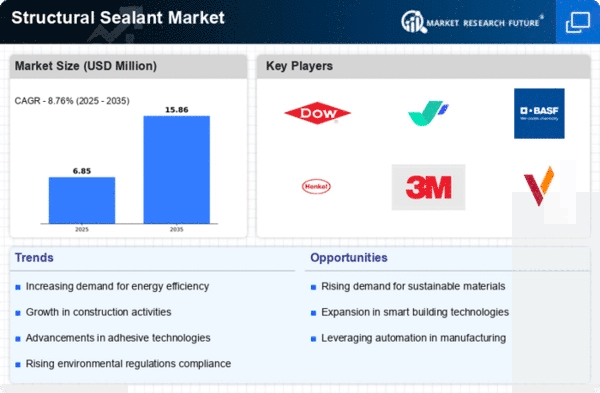


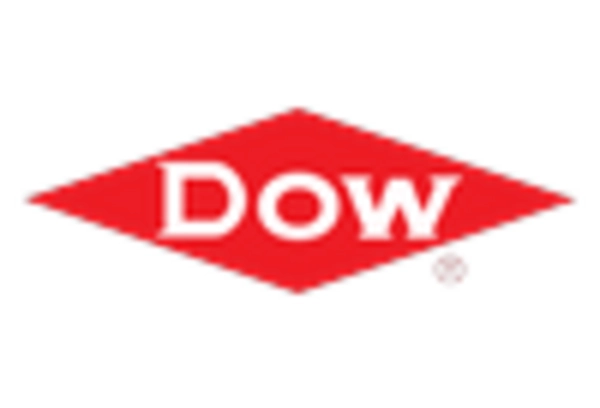
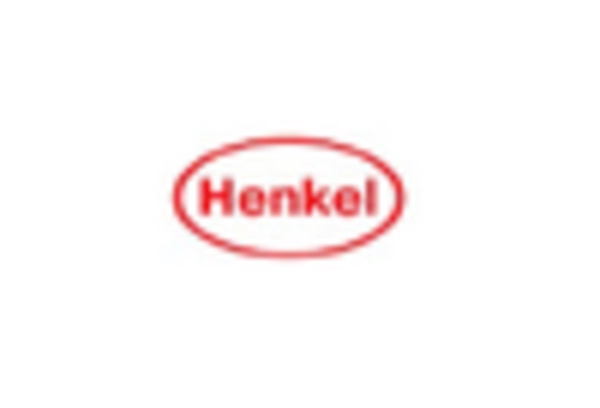
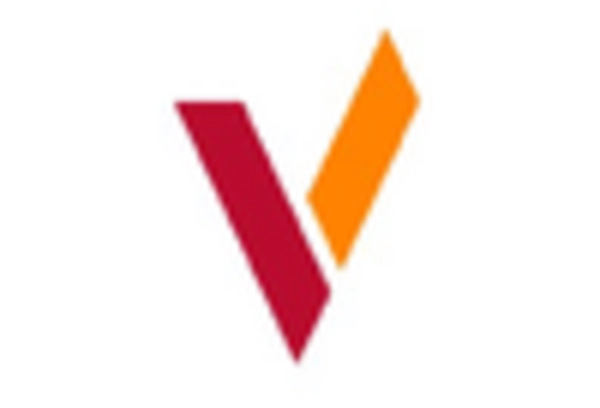
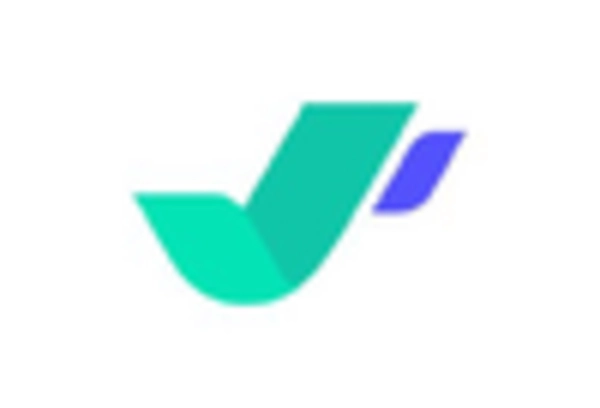









Leave a Comment